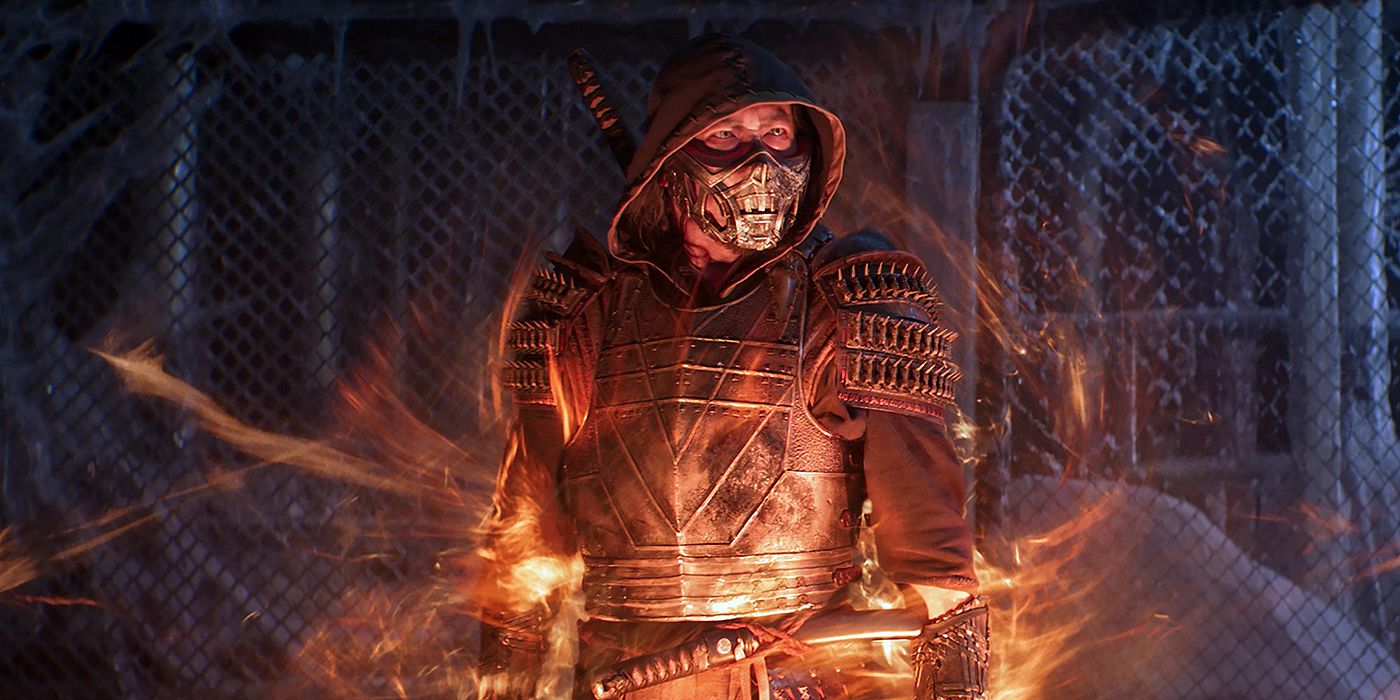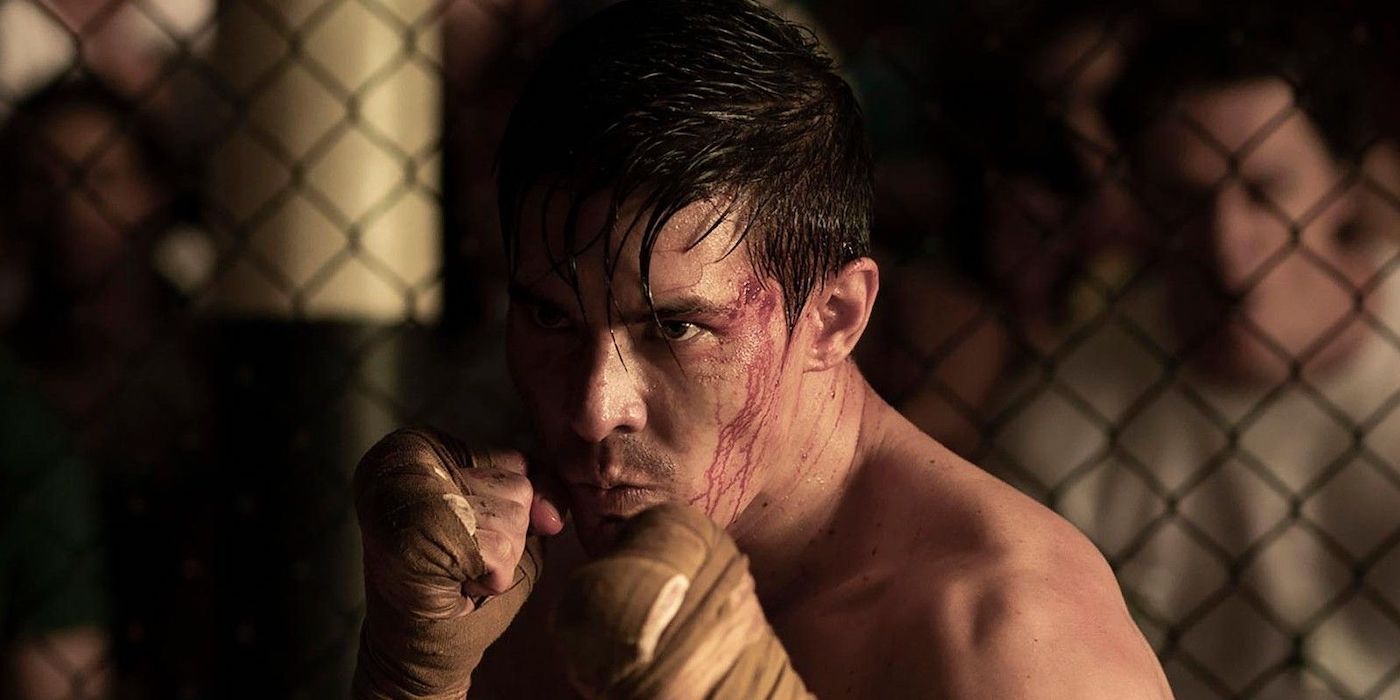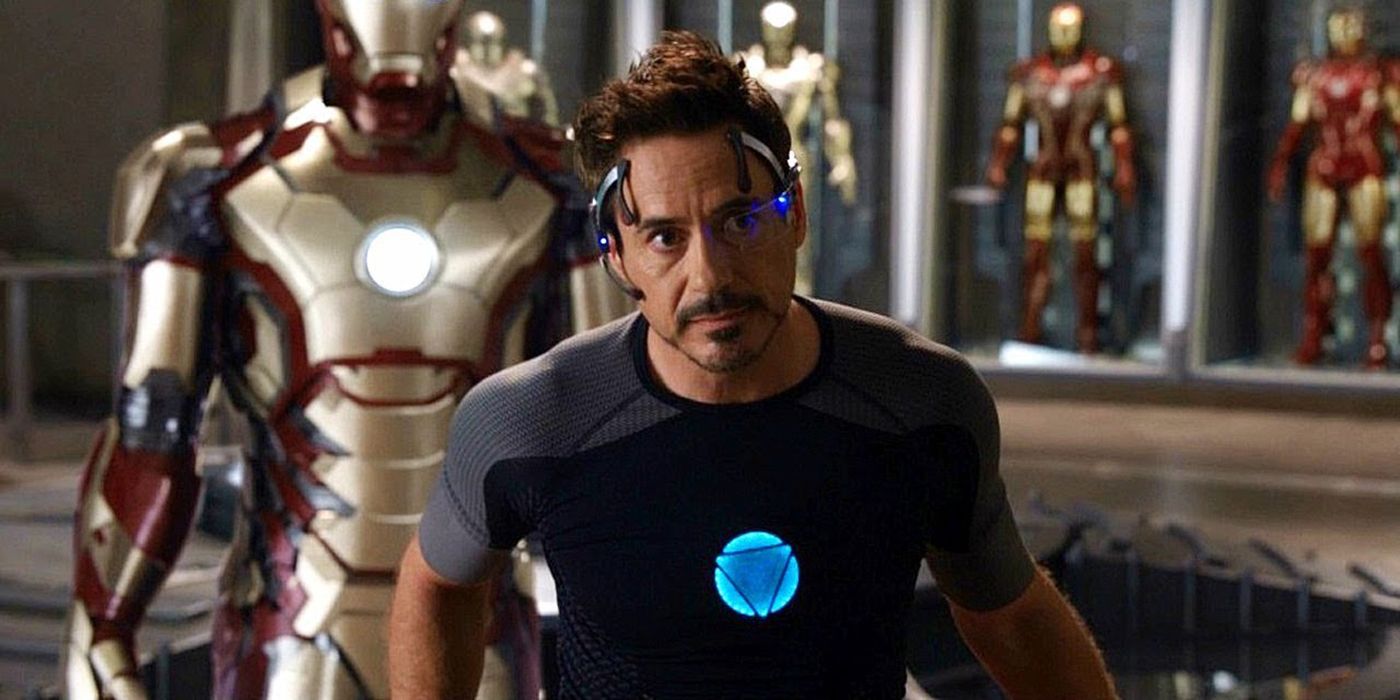
Mortal Kombat is one of the most beloved video game franchises of all time, so it's no surprise that fans were very excited about the latest big-screen adaptation. To add to that excitement, this new movie promised an R-rating that would do justice to the games' graphic violence. Indeed, the movie delivered on the gore, and many fans liked seeing some of their favorite characters appear in the movie. However, the movie repeated a recent trend made by would-be franchises in their first movie. Looking at MCU as an inspiration, Mortal Kombat and other franchises attempt to follow build their own series, but they failed to understand what's behind the MCU's success.
By the time The Avengers hit theaters in 2012, the MCU's gamble of a connected cinematic universe was proven to be a success. From that point on, this became the format all other studios strived for with their biggest franchises. The idea of movies that built onto one another, spinning off into new movies, and leading to large event movies showed a new level of success that could be achieved in the risky game of blockbuster filmmaking. It created passionate fans who added to the built-in audience of fans of the established property.
RELATED: Mortal Kombat: 9 Plot Points Future Movies Should Use
The attraction of such a formula was obvious for studios but how to duplicate it remains a mystery. More than a decade after the MCU began and other franchises are still trying to figure out how to make that formula work. Mortal Kombat is the latest to do so and the filmmakers made the same mistake countless others made before them by getting ahead of themselves.

The Mortal Kombat games are about a life-or-death fighting tournament for the fate of humanity. This new movie assembles some of the most beloved characters from the game who will be competing in the tournament, but it makes the baffling decision of not including an actual tournament. Instead, this movie sets the stage for the tournament in some future sequel. It is one of the most frequent mistakes these movies make when trying to build their own MCU. Filmmakers and studios become focused on raising excitement about what's to come and not worrying enough about the story at hand. A sequel to an underwhelming movie is not as attractive as some studios seem to think.
It's true the MCU can be accused of forcing too much foreshadowing in their movies, but that is not something they could afford to do in the beginning. They understood that telling one good story was the only way to ensure there would be a second one. More importantly, they knew how important it was to establish characters audiences loved and they did that right out of the gate. There would likely be no MCU as we know it were it not for Tony Stark.
The first Iron Man movie created a new cinematic icon fans wanted to see more of. They told his story and only teased the larger universe he was a part of. Look no further than Iron Man 2 to see what happens when too much emphasis is placed on what's to come later. However, with Thor and Captain America: The First Avenger, Marvel continued to rely on interesting characters rather than sequel potential.
If one were to look at just about any MCU movie and take out all the teases to future movies, it would still stand as a worthwhile stand-alone movie. The same cannot be said about Mortal Kombat. Its structure is too rooted in the promise of where it will go that it feels like half of a movie. Character development is almost non-existent as the movie rushes to make them into the heroes they need to be for the sequel instead of making the audience care about them now. It feels at times that the movie just wants to race to the end so the sequel story can be teased. And that final tease is an embarrassing blunder in itself. The character of Johnny Cage will no doubt get a cheer from die-hard Mortal Kombat fans, but ending the movie with a wink at a character who might show up next time is not a real ending. It is as if a post-credit scene was used for the actual ending to the story.

Looking at Iron Man once again, the movie ends with Tony Stark announcing to the world he is Iron Man. Does it tease potential for the future? Absolutely, but more importantly, it is a fitting end to the movie audiences just watched. Then comes the post-credit that adds something extra. An ending is meant to be an emotional conclusion, one way or another. The best Mortal Kombat offers is that fans might have more fun next time.
After a big opening weekend, Mortal Kombat saw a significant drop in its second week. Add to that a mixed reaction from critics and no sequel announcement and the future of the franchise is still uncertain. If they do have an opportunity to return, hopefully, they will have learned their lesson about making a great standalone movie rather than a jumping-off point.
While the success of the MCU is enviable, not every franchise needs to be the MCU. But if that is the goal, it's important to learn where that success came from. The promise of sequels might excite fans now, but that only comes after they built a universe with one great movie after another instead of only looking at what's next.
Mortal Kombat is now in theaters and streaming on HBO Max.
MORE: Mortal Kombat Director Ed Boon Teases Fans About Marvel Fighting Game

